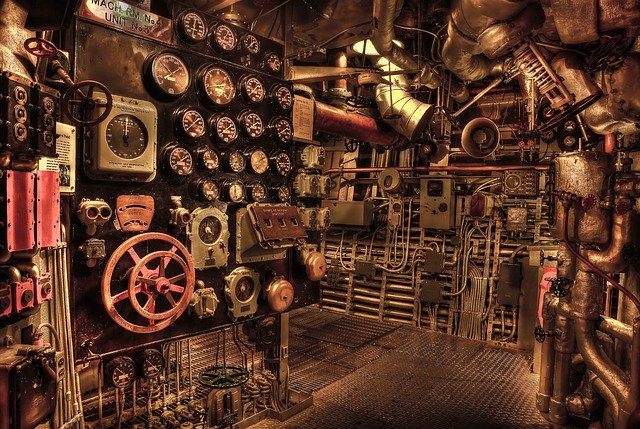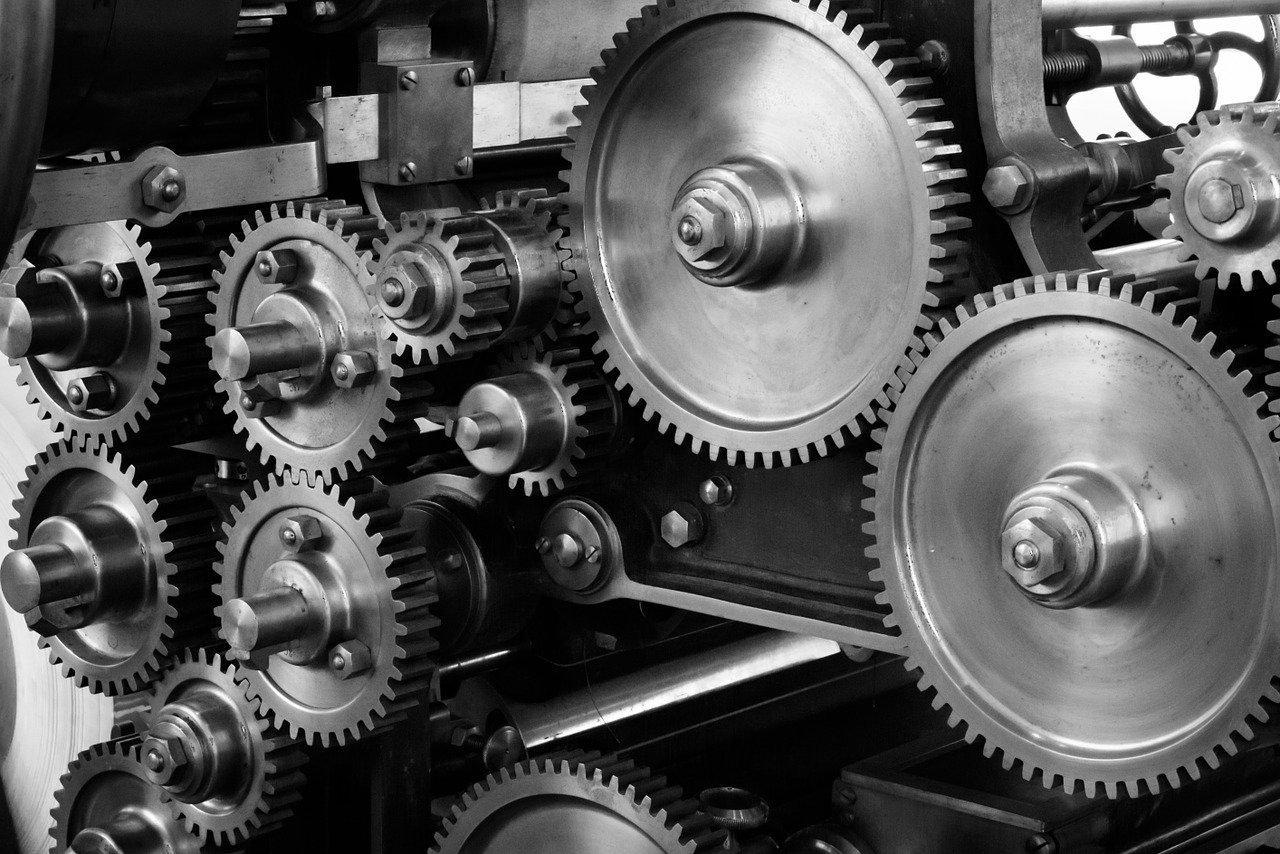Why can’t a permanent engine be built?
Since ancient times, to maintain survival, humans have invented and built simple machines, such as inclined planes, pulleys, levers, etc. Later, following the development of the material civilization of society, people created many machines. Taking advantage of machines, humanity creates rich material and spiritual wealth. However, no matter how much improvement is made to the machines, it is discovered that any tools or machines need to influence external forces to operate. These external forces include human power, animal power, wind power, electric power, water strength, chemical force, nuclear atomic force, etc., in a modernized production background. Besides, taking advantage of any machine can only reduce the force’s intensity, change the direction of the force, not reduce the effort of the force produced. It also means that, for machines to do so much work, people must provide machines with the same amount of energy, even more power. Once the power is stopped, any machine cannot continue to operate. How to “just want the horse to run, and want the horse to not eat grass” is a confirmation that cannot be done in real life.
Historically, there have been some who have sought to create two types of perpetual engines. The first is to completely separate the machine from the outside, relying on the machine’s energy to operate. However, no matter how meticulous and thoughtful design plans, even “very much wasted, ” actual production is due to failures. The reason for this is that, in the absence of any external force, friction resistance during the operation of the machine is indispensable. It will gradually drain the energy of the machine itself and eventually make the machine no longer work.
In nature exists a widely applied law of physics – the first law of thermodynamics. It is an expression of the law of conservation of energy in thermodynamics. Contents of the Law: Without any external force providing energy, an object’s energy can neither be generated nor lost. When it is impossible to avoid the existence of friction, the power of the machine once it “runs out of ammunition and food” is no longer operating, the eternal engine also becomes utopian.
The second type of eternal engine is to point to machines that are not completely isolated from the outside world, but merely to receive heat energy from an external heat source unilaterally to operate.
This type of machinery is also non-manufactured. That’s because any machine that wants to maintain operation must have two energy exchanges with the outside. Machines receive energy from a catheter; one part is used to perform the work that one wants it to do; another part dispersed through another tube cannot be avoided. The car engine is a good example. Without gasoline, a car engine could not start. But if only gasoline without exhaust ventilation, cars can not run like that.
Physicists, through many experiments, have summarized the second law of thermodynamics. It tells us: the transformation of energy is directional. People cannot violate this directionality to create eternal motives. In daily life, people can constantly rub their hands to warm the palms. It is the mechanical process of turning into heat. But an automobile’s engine that receives energy from gasoline cannot be used entirely in running a car; there is a certain amount of heat that will inevitably “escape.” This proves that heat cannot be completely transformed. That is unidirectional between heat dissipation and generating labor.
If you put a cup of hot water next to a cup of cold water, let them transfer heat to each other. As a result, the hot water cools, the cold water heats up until the two cups’ temperature is equal. No one has witnessed the phenomenon of hot water automatically receiving more heat from cold water to continue to raise the temperature, while cold water continues to lower the temperature. That is the direction of heat transfer.
In short, both first-class and second-class permanent engines cannot be built because they violate the universal law of natural energy change, which has been proved by many experiences.





